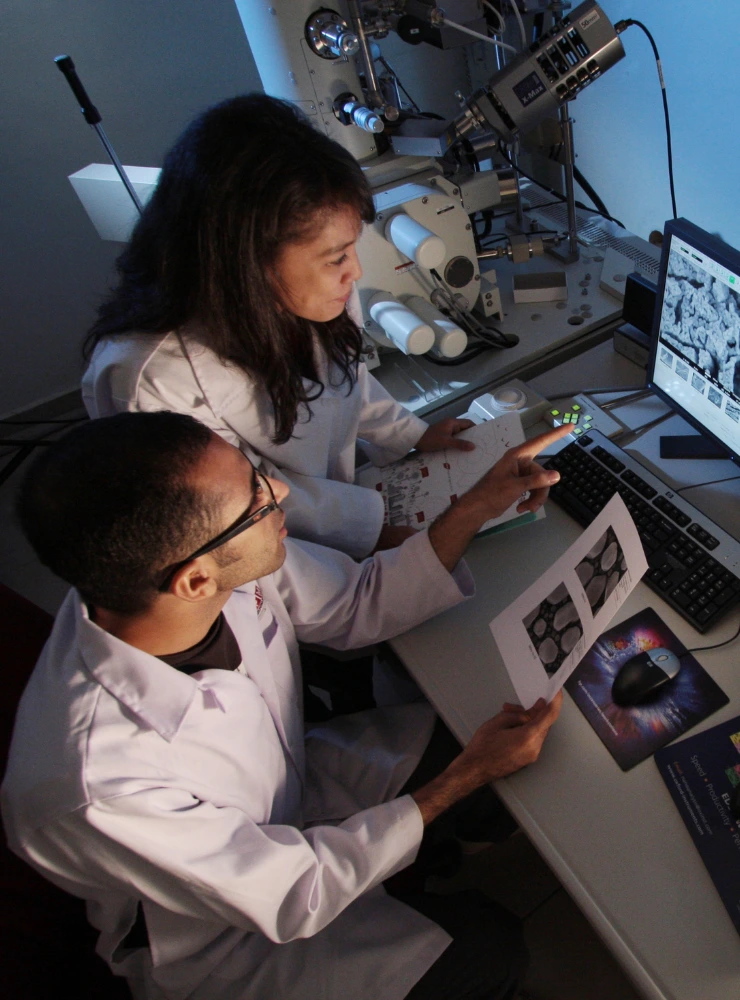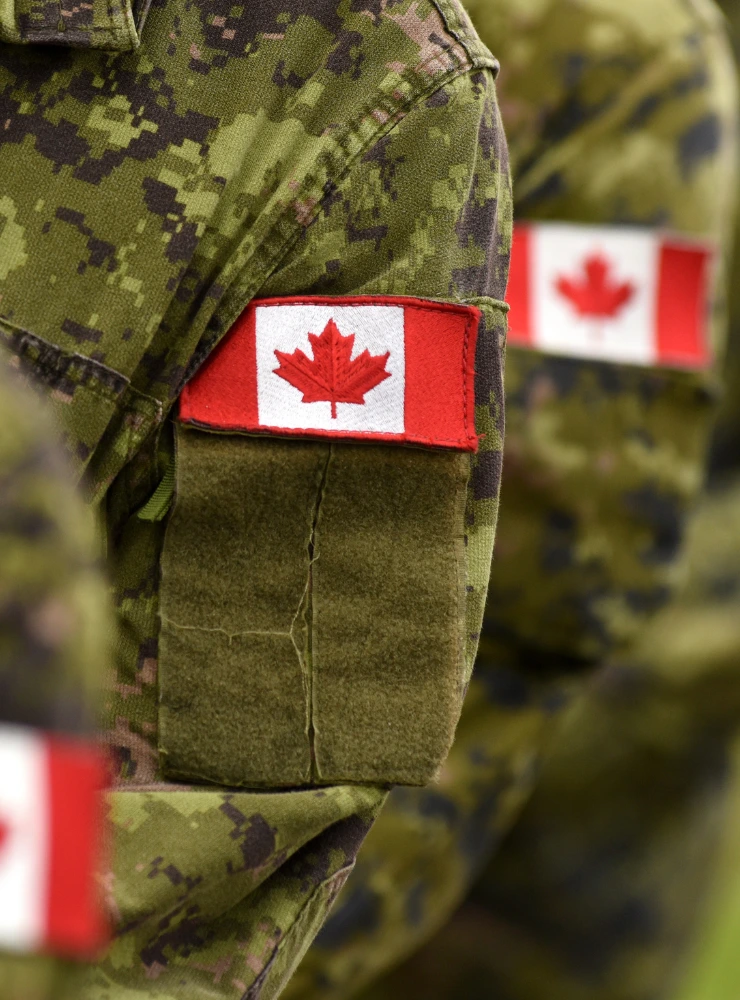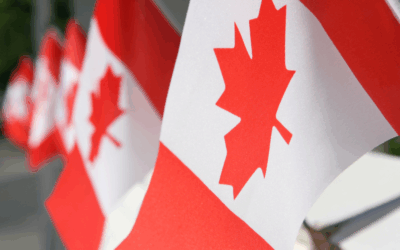According to a recent open consultation on economic priorities for category-based selection in Express Entry, IRCC has floated the idea of introducing three new categories under the Express Entry system for 2026:
- Senior and executive-level managers
- Researchers and scientists
- Military positions
Let’s go into more detail about each of these potential new categories.
Senior and Executive-Level Manager

This category is for those with leadership skills, in an NOC 00 position. Being a “double zero” NOC code, this refers not just to “managers”, but senior managers at an executive level.Think CEO, CFO, head of a department within a large company, etc.These are highly skilled workers with proven leadership abilities, that could contribute to the success of Canadian companies.
Researchers and Scientists
Without specifying the industry, this category is potentially broad and could include professionals from any number of scientific backgrounds, such as chemistry, biology, physics, health sciences, etc. The purpose of including candidates from this category is to promote innovation and put Canada at the forefront of research on a global scale.

Military Positions

This potential category strays a bit away from what you might expect to see in Express Entry. But with a constantly changing political sphere, Canada has seen a need to protect its sovereignty, and IRCC’s inclusion of professionals with military experience reflects that.
Current Categories
Under the current system, there are six categories in Express Entry, including French:
- Healthcare and social services
- Trades
- Education
- Agriculture and agri-food
- STEM
- French speakers
It may be noteworthy that several specific occupations (NOC codes) have been added and removed over time from within some of the categories above, though with the exception of education, the categories themselves remain unchanged from when they were first implemented in mid-2023. The education category was introduced earlier this year, and the first draw for that was in May, 2025.
The Future of Express Entry

Despite this talk of adding even more categories to Express Entry, there continue to be general draws under both the Canadian Experience Class (CEC) as well as the Provincial Nominee Program (PNP), with the most recent draw for the former being just a few weeks ago. At that time (on August 7, 2025), 1,000 invitations were issued under CEC.
Those candidates under the Federal Skilled Worker (FSW) program who are not eligible for another program like CEC or PNP or a category draw have been hit the hardest by these trends in category-based invitations. There has not been a general draw that has included FSW candidates since April, 2024, almost 1.5 years ago now.
If these three new categories were added to the existing programs in 2026, that would bring the total number of categories to nine. If it wasn’t obvious before, it should be clear that IRCC is heavily focused on prioritizing specific, in-demand industries and occupations over a traditionally more “general” skilled worker system.
It seems like this may continue to be the trend through 2026, but at the same time, it’s good to be aware that immigration programs tend to change frequently in Canada. Many may be surprised to hear that the Express Entry system itself is “only” 10 years old – the first draw was in 2015. And, since it first started until now, there have been several massive changes to the way invitations were issued. For example, all valid job offers used to be worth 600 points and essentially guarantee an invitation. Now, valid job offers don’t give any points at all. A good way to sum up immigration in Canada is that “the only constant is change”. And it’s certainly possible a change could come that aligns with your background to put you in a good position to apply to immigrate.
It can be hard to keep up to date on the latest changes across the dozens and dozens of individual immigration programs in Canada. But if you need help navigating a potential immigration pathway, feel free to reach out for a consultation. Until next time.
Check for more information HERE. https://www.canada.ca/en/immigration-refugees-citizenship/corporate/transparency/consultations/2025-consultations-express-entry-selection.html
Wee assist with immigration at any stage in the process: temporary residence, permanent residence, and citizenship. You can find more information HERE.



